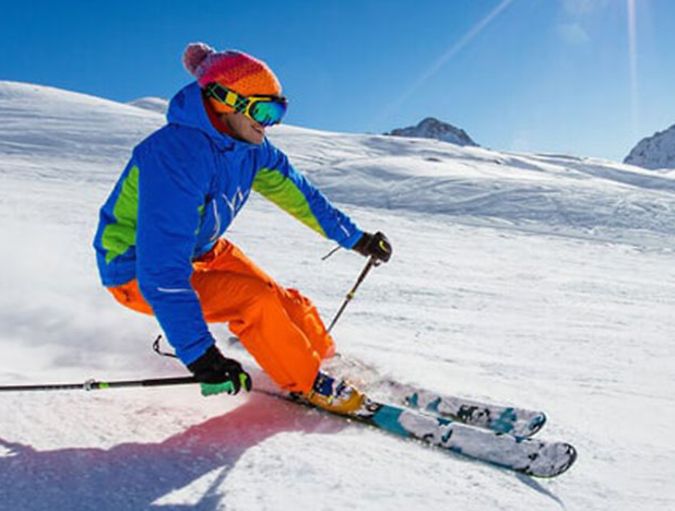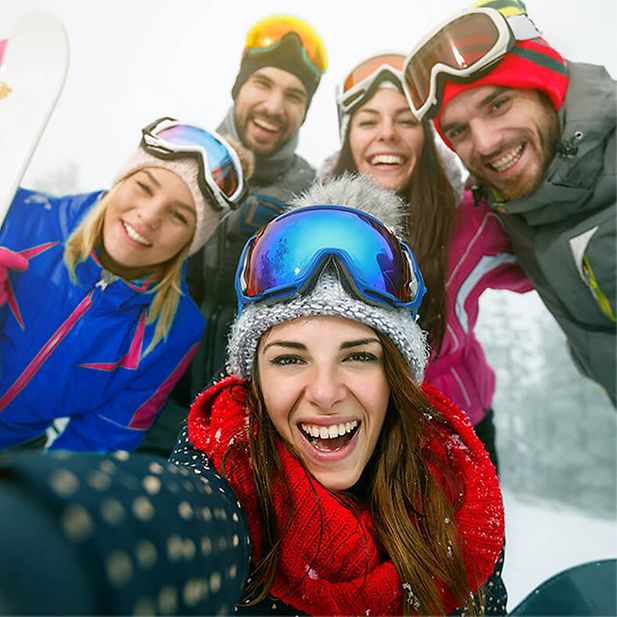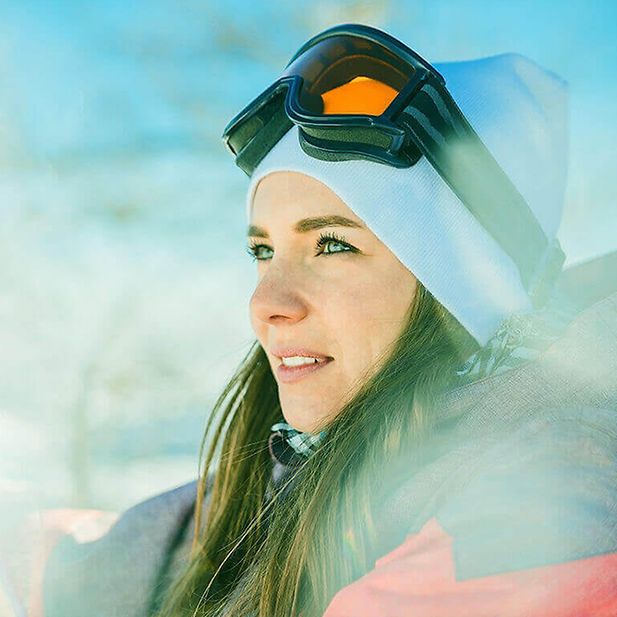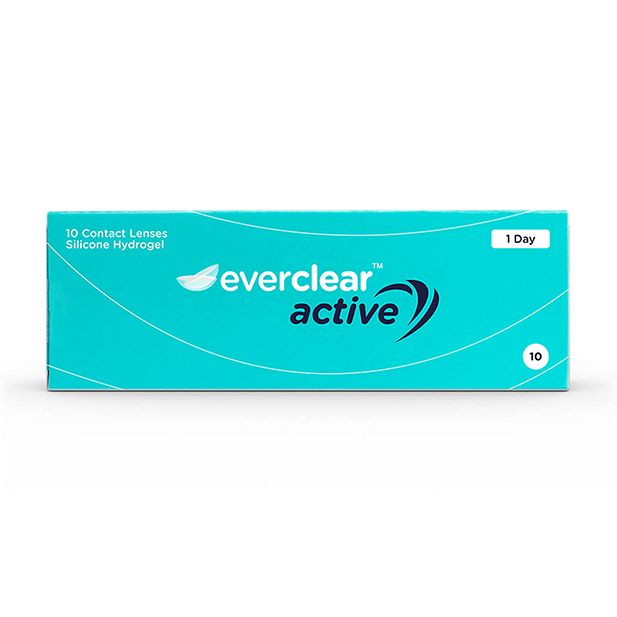Contact lenses for skiing

Advice for skiing with contact lenses
Skiing with contact lenses vs glasses

Best contact lenses for skiing? Choose models with UV protection
Recommended lenses: everclear ACTIVE
Combine contact lenses with skiing sunglasses or goggles

